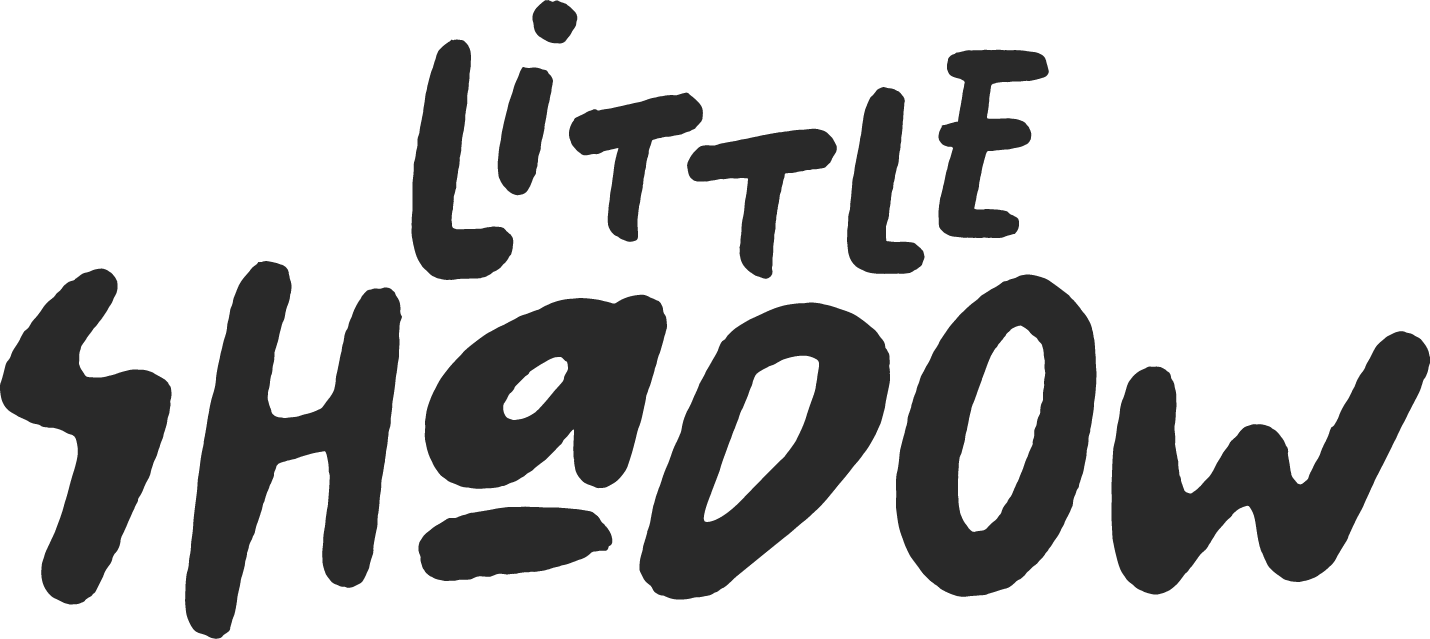How Connecting with Others Helped Me Heal From My Birth Trauma - Hayley
This month we’re welcoming our new Social Media Coordinator Hayley to the Little Shadow whānau. Hayley is a māmā, a childbirth education student and she brings a background in public health and nursing to Little Shadow. As a new mother, she also experienced birth trauma and has kindly agreed to share her story with us.
Kia ora Hayley - what was the birth of your son like for you?
Kia ora! The lead up to the birth of my son was not smooth sailing. I had many issues with my blood pressure from the get go, which meant I was in and out of hospital a lot. I started to develop severe anxiety and panic attacks around 20 weeks gestation.
This set me up to be incredibly fearful and anxious of the birthing process. Because of my medical history, I handed over the decision making surrounding my labour, pain management and birthing options to the obstetrics team. I was then induced at 38 weeks and 4 days and was offered, and accepted every induction method and intervention under the sun. After 46 long hours, and almost 3 hours of pushing, my son was delivered with the assistance of forceps. He was briefly placed on my tummy before being taken away to get help with his breathing and arousal.
During this time, I started to haemorrhage. I vividly remember the obstetrician saying “I don’t know what else to give her because of her blood pressure”. I was fading in and out, exhausted. I asked the anaesthetist beside me in a slurred voice “am I going to die?”. I truly feared for both of our lives.
This also led to a pretty horrific postnatal period too. I was unable to breastfeed, my son was colicky and hard to settle, and I slipped into a deep postnatal depression.
What is important for whānau to know about birth trauma?
First of all, it is not your fault. Second, birth trauma looks different for everyone. No one can determine what is classed as traumatic or not, other than you. It could be caused from the physical aspect of birth, to the psychological, mental and emotional aspects too. Or a combination of all of these things.
How you feel about your birth is valid - no matter what sort of birth, no matter what happened or how long ago it happened.
What helped you process and find healing for this trauma?
I definitely went through all of the stages of grief, and I spent a lot of time in the stage of anger. But, I also want to mention that healing is not linear. There are moments where I am totally consumed by my birth trauma, and there are moments that I am not, and as time goes on, I am experiencing those ups and downs less and less.
I found talking about my experience the most beneficial healing tool for me. In the early days, I was retelling my story to anyone who would want to listen. It led me to create @motherbornnz, a space that is dedicated to telling my story and bringing light to perinatal trauma.
But most importantly, I found a psychologist who was able to support and validate my feelings, and provided me with some great coping strategies.
What would you recommend to other parents who might have had a negative or traumatic birth experience?
If you feel like talking, I recommend finding someone who you trust and who can effectively hold space for you. Others may find talking difficult and may prefer journaling, drawing, crafting etc. to help process their emotions.
Take your time with your healing. Be patient and gentle with yourself. Allow yourself to feel all the feelings.
If you’ve experienced birth trauma or wish to process your birth experience (whether positive or negative) in a safe space with a Psychologist, then get in touch with Christina here.
Ngā mihi nui ki a koe, Hayley for sharing your story and nau mai to the Little Shadow whānau!

